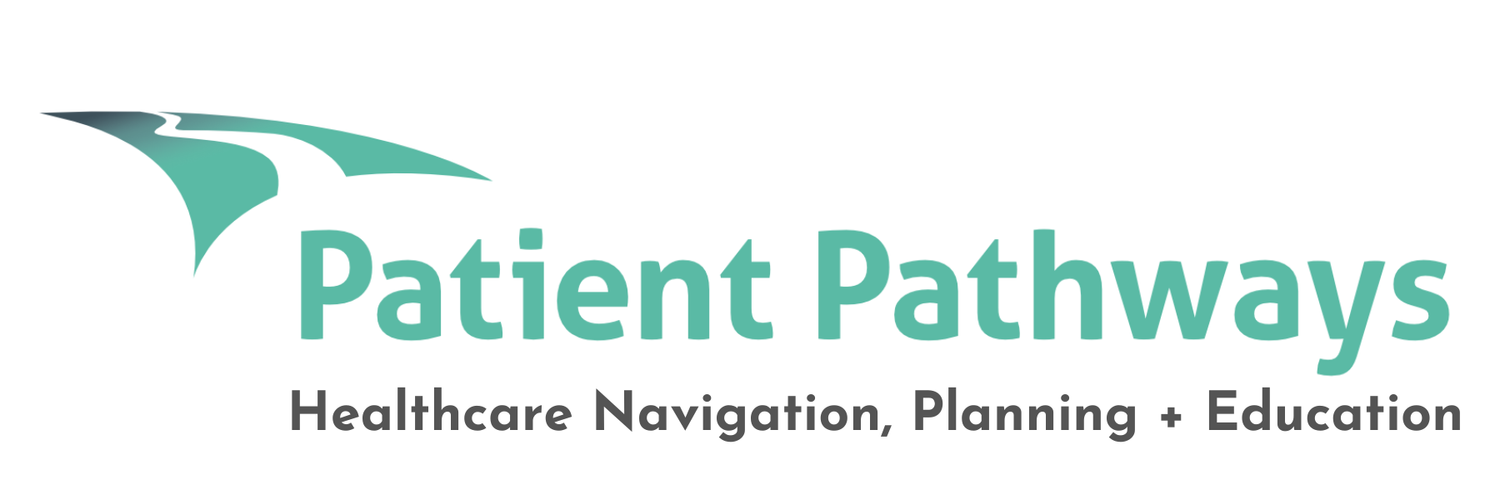Who will Speak for You? Understanding Substitute Decision Makers
Choosing your Substitute Decision Maker is the most important step in Advance Care Planning.
Not intentionally and legally naming your person can cause incredible pain and discord so massive that it can tear families apart and can mean you don’t receive the care and treatment you need and deserve.
Substitute Decision Maker (SDM)
This is the universal term for the person who will make decisions for you if you cannot speak for yourself (due to serious injury, illness, or cognitive decline.) The term for the person you legally choose to be your SDM is different in every province.
Be cautious when admitted to an Emergency Department, a surgical or medical daycare, or a hospital. When you are asked, “Who is your emergency contact?” This should be the person you want to make decisions for you and not the person who will pick you up or has keys to your home to feed your pets and water your plants.
The healthcare system is not obligated to contact or consult with families/TDSMs unless there is an urgent need regarding surgery, treatment, or resuscitation and the patient cannot provide informed consent.
Temporary Substitute Decision Maker (TSDM)
This is the hierarchy of those who may be called to help make decisions if you have not legally named your SDM.
As per the Health Care (Consent) & Facilities (Admissions) Act
Spouse (can be a common-law relationship)
Adult Children (all equally ranked)
Parents (equally ranked)
Siblings (all equally ranked)
Grandparent (equally ranked)
Grandchild (all equally ranked)
Anyone else related by birth or adoption
*Close Friend (an adult who has a long-term, close personal relationship involving frequent personal contact with you but who does not receive compensation for providing personal care or health care to you)
A person immediately related by marriage
Unless any of these people have not been in contact with you for 12 months or more and/or there is a conflict between you.
*Note: Often, a close friend is the best person to speak for you, but without a Representation Agreement in place, they will likely not be involved in any decision-making.
Issues that frequently arise:
Your spouse may be overwhelmed or have health or cognitive issues. Sometimes, the healthcare teams may choose not to disclose vital information to adult children or others further down the hierarchy.
You may not want those on the hierarchy to speak for you. For example, if you don’t like or trust someone on the list, there is family discord, if you are concerned that the TSDM may not choose what’s in your best interest or not what you would have wanted, or they are not suited to make tough decisions in a time of crisis).
*A close personal friend might be the best person to speak for you - but they are 8th on the hierarchy. If you want a friend to speak for you, you must name them in a Representation Agreement.
All of these issues can be avoided by writing a legally-enforceable Representation Agreement.
Please keep reading: Who Will Speak for You: Representation Agreements.

